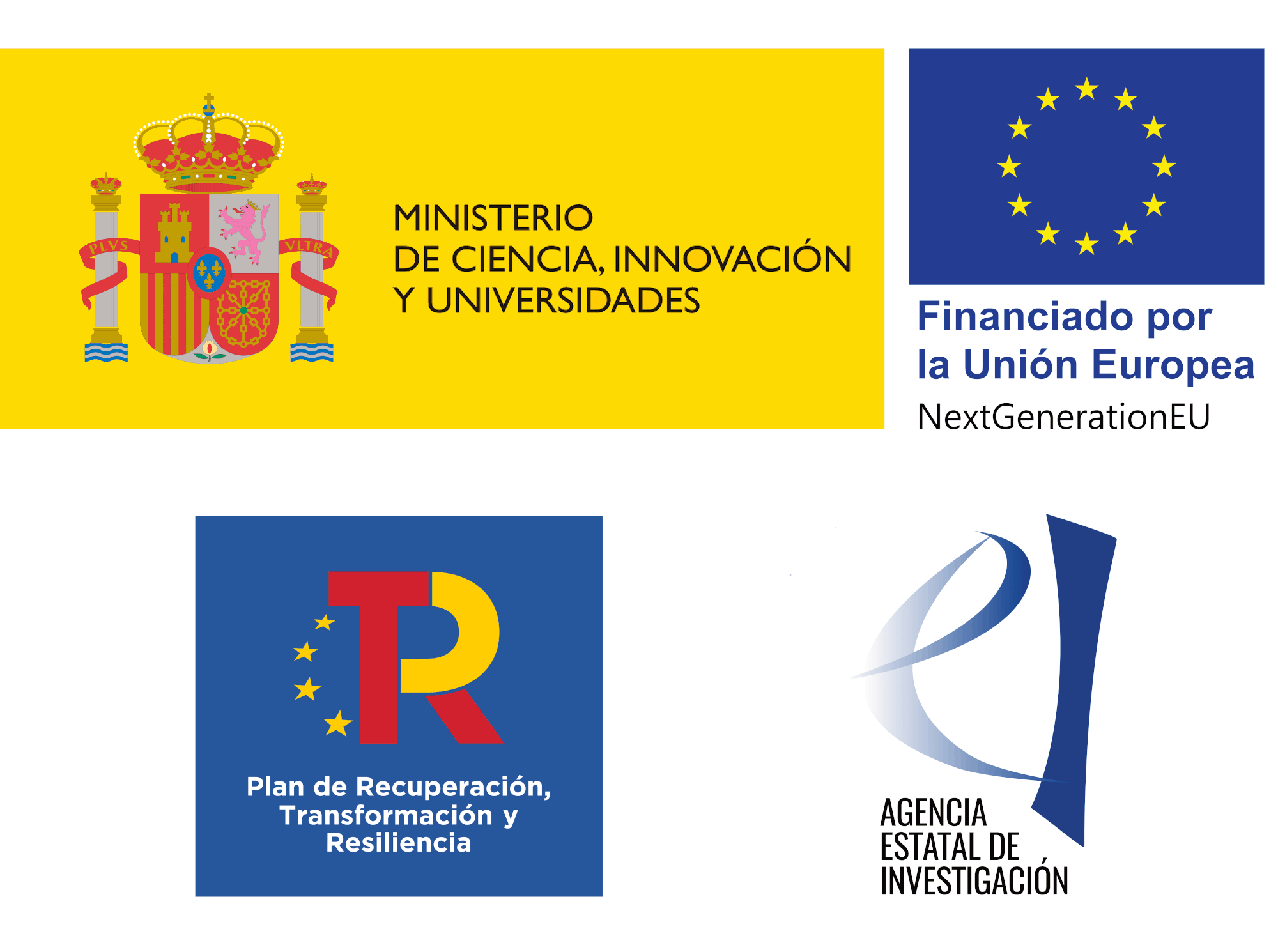Neo2GBio
The current energy and climate crises are focusing political and scientific attention on the replacement of fossil fuels by liquid biofuels in the medium- to long-term future. In this context, there is particular interest in using second-generation (2G) bioethanol obtained by microbial fermentation of lignocellulosic residues from agri-food and forestry activities. Nevertheless, the production of 2G bioethanol still faces technical and economic barriers that could be resolved by exploiting thermophilic bacteria in a consolidated bioprocessing model, in which a single microorganism produces the hydrolytic enzymes while fermenting all released sugars in a single step at an optimum temperature for both operations.
Among them, Parageobacillus thermoglucosidasius offers several advantages; however, its fermentation yield needs to be further improved to develop economically profitable processes. While most current research focuses on advancing the physiology, metabolism, and genetic engineering of P. thermoglucosidasius to improve its fermentation capacity, we aim to explore alternative, midterm, and lasting strategies to address the urgent need for improving 2G biorefinery. More specifically, we propose the use of ultrasound (US) and pulsed electric fields (PEF) treatment to externally promote P. thermoglucosidasius growth and fermentation. To efficiently implement these technologies, the extensive cell lysis that frequently causes fermentation inhibition, which we believe is triggered by the production of genetically controlled toxins, needs to be limited.
Thus, the main objective of this project is to develop a combined approach to improve alcoholic fermentation by P. thermoglucosidasius based on applying US/PEF treatment and genetically engineering strains deficient in cell lysis to obtain the maximum benefits of the applied stimuli. Achieving this goal will require: (i) determination of optimal fermentation conditions and kinetics, (ii) study of the impact of US and PEF treatment on fermentation performance, (iii) identification of still cryptic genes contributing to cell lysis, (iv) design of strains deficient in cell lysis, (v) evaluation of the combined effect of physical stimulation and lysis-deficient strains on fermentation performance.
Hence, this project combines two consolidated working lines of the group A03_23R: Novel Food Processing Technologies oriented towards an ecological transition: (i) novel applications of US and PEF technology and (ii) understanding the cellular and molecular physiology of (Para)Geobacillus spp. for their exploitation in the agri-food and biotechnology fields.
The outcomes will have a high scientific and technical impact on the development of 2G biorefineries, which are expected to become major pillars of the global and European circular bioeconomy. Furthermore, the development of 2G biorefinery will contribute to addressing general social concerns related to energy management, global warming, food and water security, promotion of employability, and development of rural areas.


